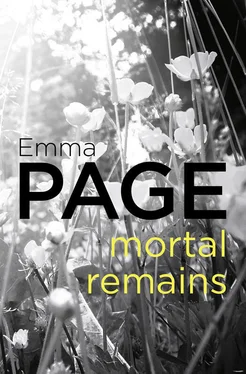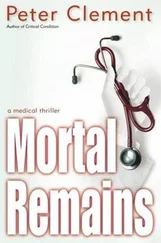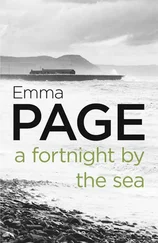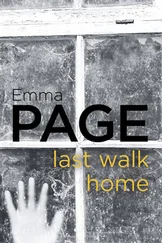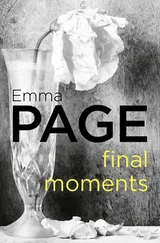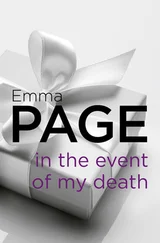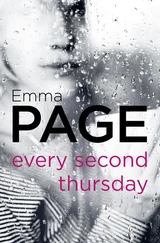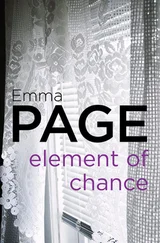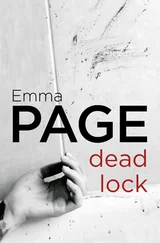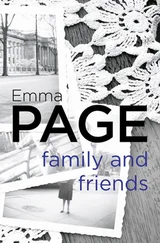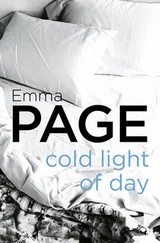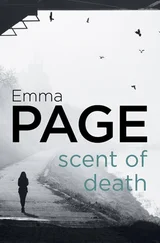Harry had been up since five-thirty, endlessly busy as always, every moment of his time structured and purposeful. A wiry little man, nimble and vigorous for his seventy-two years, a teetotaller and non-smoker, with an alert eye, a weathered face, a fringe of sparse, iron-grey hair surrounding a gleaming pate.
He had been a regular soldier, a driver, never rising above the rank of private but never disgracing himself either; he had served throughout the Second World War. When his army days were over he found himself a job as a driver-porter with Calthrop’s, an old-established firm of auctioneers and estate agents in Cannonbridge; he stayed there until he retired at sixty-five. He had immediately found himself another, lighter job as a yardman at Mansell’s, where he was still working.
During his time at Calthrop’s he had always done a bit of dealing – perfectly legitimate – on the side, mainly buying in the saleroom old items of furniture in a dilapidated condition at knockdown prices, working on them at home, putting them back in the saleroom later; he had always shown a worthwhile profit. He still kept up this practice, nipping along in his dinner-hour on viewing day, leaving his bids with a porter.
He owned his council house, he had been the first tenant on the estate to exercise the right to buy, exercising it in the teeth of entrenched opposition from the forces of local bureaucracy. The house was his pride and joy. Since the purchase he had modernized and extended, refurbished every inch, carrying out all the work himself.
On this calm September morning he ate his customary sparing breakfast while listening with keen attention to the business news on the radio. It was broad daylight by the time he set off a little later to fetch his morning paper. He glanced ceaselessly about as he strode along, keeping a citizen’s eye open for broken paving-slabs, blocked road drains, overflowing litter bins, overgrown hedges, graffiti, acts of vandalism. He halted now and then to jot down anything worthy of attention in the notebook he always carried.
As he rounded a corner he caught sight of someone he recognized going into the paper shop: Edgar Holroyd. He quickened his pace, he wanted a word with Holroyd and he intended to have it here and now. Repairs to tenants’ houses on the estate were falling behind again. Though no longer a tenant himself, Harry still fought the tenants’ battles for them, orchestrating every campaign. He was a well-known figure at the local library, thumbing through legal tomes and consumer manuals in the reference room.
Inside the shop, Edgar turned from the counter with his newspaper and saw with annoyance that Harry Lingard had stationed himself in the doorway, blocking his exit. Harry’s expression told him plainly he was about to be tackled.
Harry wasted no time in greeting or preamble but launched at once into a spirited attack on the council’s procrastination and penny-pinching. He pulled out his notebook and embarked on a rapid recital of individual cases.
Edgar was humiliatingly aware of the shopkeeper, the other customers, cocking sharply interested ears. He kept his expression, his voice, civil and detached. ‘This is hardly the time or place,’ he began.
‘It’s never the time or place for you jacks-in-office,’ Harry broke in.
A ripple of amusement travelled over the watching faces.
Edgar’s jaw tightened. ‘If you’d care to make an appointment,’ he said, still deliberately courteous, ‘I’ll be happy to see you in my office.’
Harry gave a snort of disdain. ‘You’ll dodge it again,’ he averred with conviction. ‘I’ll be fobbed off with that assistant of yours.’
All commerce in the shop had now ceased. Around him Edgar felt the intently listening silence. He strove to lighten his tone. ‘I’ll make it my business to deal with you myself,’ he promised.
Harry waved the assurance aside and plunged into a fresh chapter of complaints.
Would-be customers appeared behind him in the doorway. ‘We’re holding up traffic,’ Edgar pointed out, polite to the last.
Harry stood reluctantly aside and Edgar was able to make his escape. As he took himself swiftly off to the shelter of Fairbourne, Harry’s parting shot winged after him: ‘You haven’t heard the last of this.’
In a cottage not far from the council estate, Norman Griffin, Jill Lingard’s young man, lived with his mother, a widow in her fifties. Norman was an only child. His father had also worked in the building trade, in a casual fashion; he had been a good enough workman when he was sober and not engaged in picking fights. He had died not long after his son started school. For the greater part of Norman’s existence he had been accustomed to being king of the castle.
No early-morning jogging for Norman, he got all the exercise he wanted in the course of a day’s work. And he certainly didn’t start his day with a paltry piece of rye crispbread, he tucked into a substantial breakfast every morning, set before him without fail, eaten and enjoyed without haste.
This morning, as he reached the half-way point of his meal, his mother ceased her bustling about and poured herself a companionable cup of tea. She sat down opposite him to drink it.
He looked across at her. ‘Jill and me, we seem to have decided something last night. We’re getting engaged on her birthday, the first of December.’
A smile of genuine pleasure flashed across his mother’s face. ‘That is good news! She’ll make you a good wife, she’s got her head well screwed on. When are you thinking of getting married?’
He shrugged. ‘When we can settle on somewhere to live.’
She jumped in at once. ‘No reason why the pair of you can’t live here with me, to start with, at any rate. Your bedroom’s a decent size and you could have the front room to yourselves.’
By way of reply he gave an indeterminate grunt. There was no mistaking his meaning but she wasn’t offended, her suggestion had merely been a spur-of-the-moment notion. She took another drink of her tea. ‘Harry Lingard’s house,’ she said reflectively as she set her cup down. ‘Who gets that after he’s gone?’
‘Half to Jill and half to Gareth,’ Norman replied at once.
‘It could be many a long day before Jill gets her share,’ his mother commented. ‘Harry’s as fit as a flea, he could live to be a hundred.’ Another thought struck her. ‘What are you doing about a ring? Anything decent’s sure to cost a fortune. And Jill’s not a girl to wear any kind of cheap rubbish.’
He laughed. ‘I wasn’t thinking of giving her cheap rubbish. She likes old things. I thought I might find her a nice old ring, something with a bit of quality. There’s an antiques market in Wychford every Friday, I can try there.’ He was often over that way in the course of his work.
On Wednesday evening Jill Lingard came out of York House, the Cannonbridge department store where she worked, to catch her bus. She stayed on the bus past her usual stop – she shared a rented terrace house, a few minutes’ walk from Whitethorn Common, with two other working girls. She alighted by the council estate where her grandfather lived, she frequently dropped in on him in this way and he always made her welcome. He hadn’t long got in from work himself when she knocked at his door; he gave her a cup of tea as they talked.
‘Norman and I decided last night we’re going to get engaged on my birthday,’ she told him as she drank her tea.
He looked anything but pleased. ‘You know my opinion of that young man,’ he said flatly. ‘Up to no good when he was a lad. I wouldn’t go bail for his honesty now.’
‘You’re not fair to him,’ she protested. ‘He’s never in any kind of trouble these days.’
He thrust out his lips. ‘He’s got bad blood in him, his father was no good.’
Читать дальше
